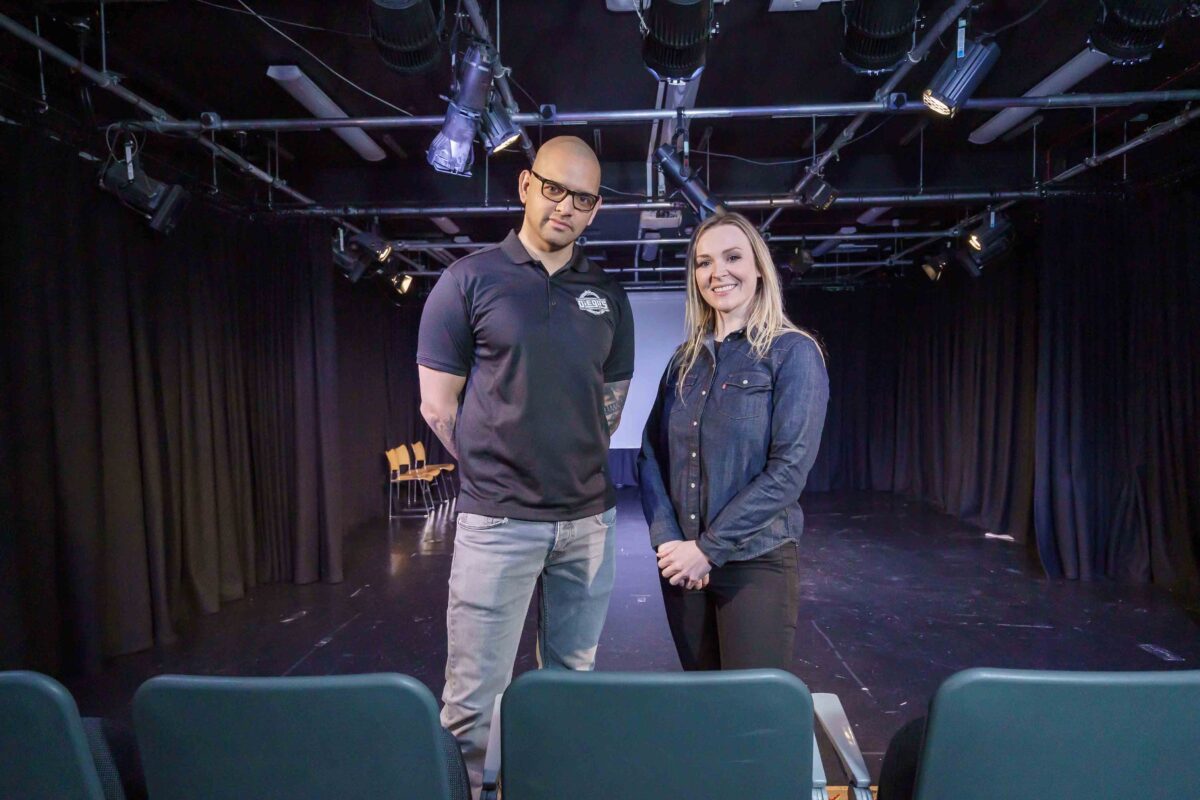R&D spending should focus on the regions as part of ‘levelling up’

Catching the wave: harnessing regional research and development to level up (@HEPI_news Report 144) by Professor Mary Stuart and Liz Shutt shows how university research and innovation activities can play a major part in developing regional economies (@HEPI_news).
The authors argue for encouraging engagement between universities and local employers and their communities by changing the allocation of funding for university research and introducing new success measures.
Based on three case studies:
- the United States (San Deigo)
- the UK (Lincoln) and
- Sweden (Värmland)
The report argues funding and regulation should change to encourage:
- a mix of funding opportunities to support universities, communities and businesses at different stages of their development;
- consortia that include place leaders and local partnerships for innovation – not only research teams;
- joined up support for local clusters across local and central government, so that investment can ‘crowd in’, creating sustained impact over time; and
- the diffusion of existing innovation into firms with lower productivity, including supporting skills enhancement.
Such changes would support the higher education sector to work with regional partners so that research and innovation take account of the causes of regional inequality as well as the opportunities to create change.
Sector response
Co-author, Professor Mary Stuart CBE, Outgoing Vice Chancellor of the University of Lincoln and Visiting Professor at the University of Sussex, said:
‘On the face of it, all three regions in our study seemed unlikely prospects when local leaders decided to imagine a different future. Yet through partnerships working to focus on local assets, supported by research and innovation investment, change began.
“In each area, the partnerships identified shared priorities based on previously unrecognised comparative advantage. Working in this way, they have been able to catch waves at the right time in order to generate regional activity, capture national funding and create ongoing opportunities for the surrounding communities.
Report co-author Liz Shutt, Director of Policy for the University of Lincoln and the Greater Lincolnshire Local Enterprise Partnership, said:
“Levelling up presents an overdue opportunity to focus economic policy interventions differently with the hope of driving different outcomes and renewed opportunity for places left behind.
“On the surface level, indicators such as regional GDP per capita, wage growth or levels of public investment can indicate which places we should focus on in order to level up, but understanding the shape and intersection of these underlying drivers in different communities will help us design more nuanced and place-appropriate interventions. This can only be done through partnerships across levels of government, across public and private organisations and across sectors.”
In her Foreword to the report, Julia Roberts, Practice Lead, Education, GatenbySanderson, writes:
‘Our higher education system is one of the best in the world and our funding strategies must empower our civic universities, which have integral links to their community and other partners. What will help to make that systemic shift in regional development?
“Three successful place-based case studies in this report demonstrate how each university played an anchor role in delivering long-term economic development, through their collaboration with industry and civic partners.’
 Nick Hillman, HEPI Director, said:
Nick Hillman, HEPI Director, said:
‘We are less than a [week] away from the next Spending Review, which will determine the Government’s priorities for the rest of this Parliament and beyond.
“Now is the moment to keep research and development spending on track for the 2.4% target and to ensure that research spending is used as efficiently as possible to strengthen all regions of our country.’
 Dr Diana Beech, Chief Executive Officer of London Higher and a Commissioner on the Lifelong Learning Commission, said:
Dr Diana Beech, Chief Executive Officer of London Higher and a Commissioner on the Lifelong Learning Commission, said:
“Any truly regional R&D spending plan needs to include London. With the greatest levels of inequality in the country and the unenviable task of helping the capital’s economy bounce back better after Covid, London needs to be recognised as a local city with local challenges too.
“London’s universities already serve as lifebuoys in their local boroughs and many have developed strategic partnerships for education and innovation, such as those detailed in the Civic University Agreement for Lewisham published just last week from Goldsmiths and Trinity Laban.
“For the capital’s local clusters to flourish, however, it is vital that London’s institutions are not irrationally excluded from the Shared Prosperity and Levelling Up funds they need.”












Responses